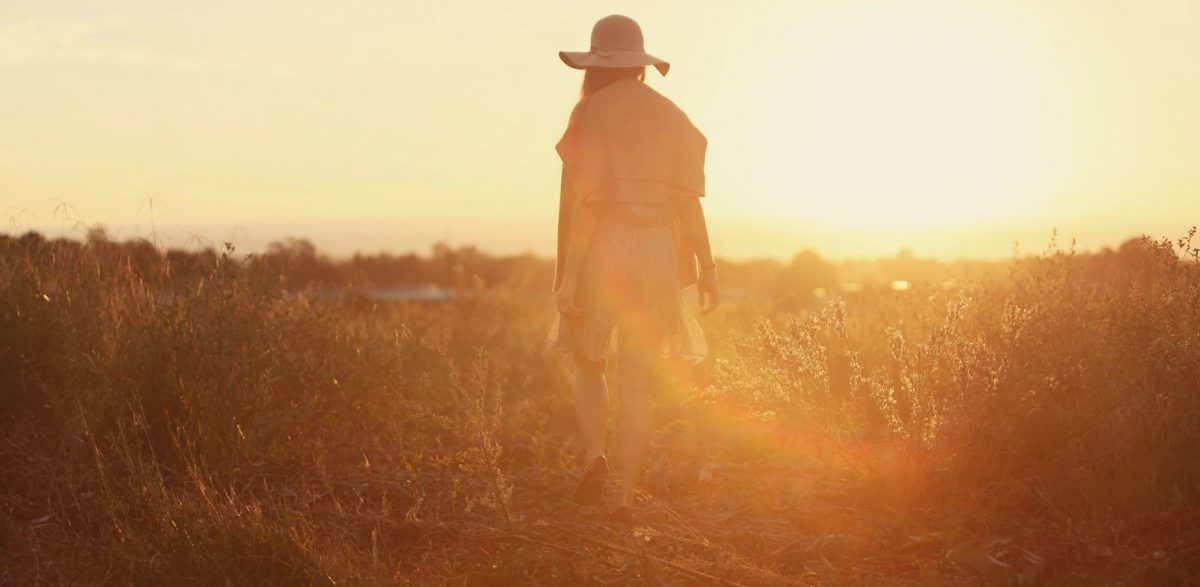To track current events, particularly in the US, YOU MUST LEARN GEOGRAPHY. Your tax dollars support military and para-military activity in, perhaps 80 countries.
The national election of 2016 marked full scale public awareness of the growing necessity of some kind of cooperative management of a global system. I for one realized I didn’t even know the lay of the land on the planet, let alone, how best to engage the peoples of the world.
I bought an Atlas. Sorry folks, you can’t just pick up an Atlas at a used bookstore. Get a current one, it’s worth it. If you can, get one very well ‘coded.‘ I bought the Fifth edition of the New Concise World Atlas by Oxford. Country lines are clear, border disputes are noted and presentations vary from simple, (inside cover) to complex.
Here’s a simple trick. I just arbitrarily picked Turkey. I must confess, I had no idea that Turkey shared a border with Greece, Bulgaria, Georgia, Armenia, Iran, Iraq and Syria. I spent a couple of days, memorizing the list of countries sharing a border with Turkey.
I cannot understate the benefit of just this small bit of information about Turkey as I now read about the falling Lira and the shift of Turkey towards the BRIC nations.*
We need that depth of understanding folks. Voting is a big responsibility. I for one am acutely aware of the limits of my formal education, and my historical dependence upon filtered news.
The good news? It’s wonderful to feel better informed about one’s world. It piques one’s curiosity. Remember curiosity? It’s that delicious source of inspiration that drove our inquiries at the ripe old age of 5, 10 and maybe even 15.
*What are BRIC nations? Only the fastest growing international geo-political organization reshaping the world economy as we speak.
